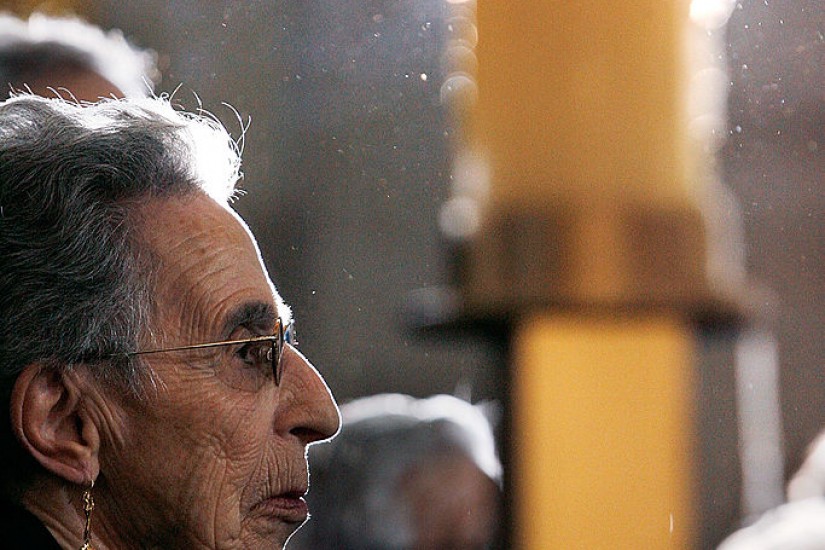When White House press secretary Sean Spicer suggested in April that atrocities carried out under Syrian President Bashar al-Assad were in some way worse than those of Adolf Hitler, his statement placed him firmly in the bosom of a fine American tradition. Spicer may have sparked national outrage and calls for his resignation — a sign that, at least in some quarters, it was understood that what he said was beyond the pale. Yet the historical record reveals him as the latest in a long line of American officials making questionable Hitler comparisons similarly rooted in ignorance or thoughtlessness.
During the opening months of the first Gulf War in 1990, President George H.W. Bush asserted that Saddam Hussein had used human shields on strategic targets, a kind of "brutality that I don't believe Adolf Hitler ever participated in." Five years later, New York City Congress member Charles Rangel equated Republicans' social policies toward minorities with the treatment of Jews under Hitler, and his fellow representative, Major Owens, declared Republicans "worse than Hitler."
The impulse to Hitlersplain existed across much of the 20th century, starting as far back as Rep. John Robison of Kentucky, who claimed that FDR's New Deal "treated our citizens worse than Hitler treated the Jews in Germany." Posted into the congressional debate record in 1939, Robison's indictment predated the Holocaust itself — not that that made the argument any less foolish.
Nor did Spicer’s comment represent his first foray into Holocaust-related controversy. A January statement issued on International Holocaust Remembrance Day had previously rattled historically minded listeners by addressing the tragedy without referencing Jews at all. What might have started as a gaffe was underlined the next day, when Spicer emphasized the many groups of people who had died at the hands of the Nazis. "Despite what the media reports," he said, "we are an incredibly inclusive group and we took into account all of those who suffered."
The Holocaust occupies a peculiar place in American political discourse. Hitler serves as shorthand for pure evil, and the Holocaust is taught in schools, memorialized in a DC museum, and remembered in films like Schindler’s List as the epitome of inhumanity in the modern world. It is, in some ways, everywhere.
Key elements of it are nonetheless missing when it comes to US Holocaust literacy. Knowledge of the basic facts of Hitler’s murder of 6 million Jews is sufficiently thin that Spicer-level ignorance persists. America has processed the Holocaust in a very American way, lionizing the liberation of camp survivors without doing a very good job of recalling the remaining details.
In combination with the willful denial of committed anti-Semites — some of whom see Trump as a fellow-traveler — a superficial understanding of the Holocaust can be toxic. The repeated embrace of ignorance by those in power eventually bleeds over into denial.

